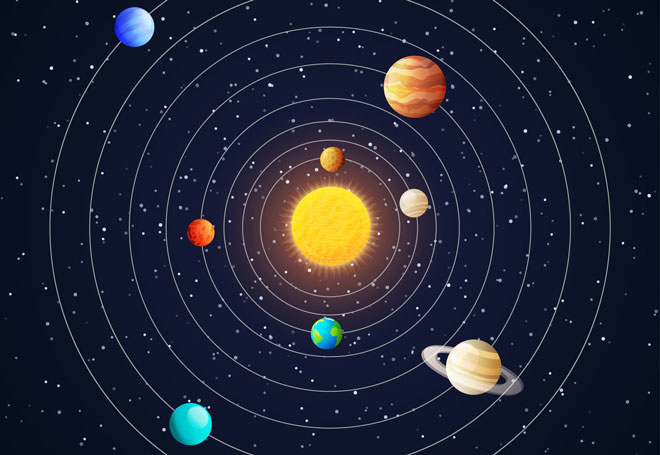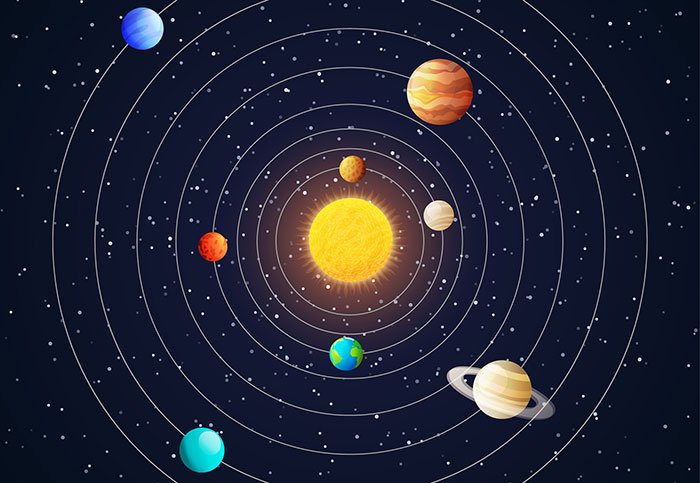
In this episode astrologer Samuel F. Reynolds joins the show to talk about some common criticisms of astrology from the scientific and skeptical communities, and how astrologers respond to those criticisms.
Astrology occupies a unique position in society where it has historically been the subject of criticism from both the scientific as well as the religious communities.
In this episode we set out to address some of the criticisms of astrology from scientists, and then in a followup episode we plan to address other criticisms from different religions.
You can find out more information about Sam on his website at UnlockAstrology.com, as well as through the astrology group that he organizes called The Zodiac Lounge.
Below you will find a synopsis of some of the points that we covered during the course of the episode, followed by links to listen to the recording. First, one announcement:
Next Webinar on September 27
We are going to do a live recording of the astrology forecast and auspicious elections episode for October on Sunday, September 27, 2015 at 2:00 PM Mountain Time.
Listeners who sign up to support the podcast through our page Patreon at the $5 or $10 tiers can attend the recording of the episode and take part in the live Q&A session.
The format will be similar to the free astrology webinar that we hosted earlier this month, except that only Kelly, Austin, and Chris will be on the panel this time. The video and audio of the webinar will be posted online for free a day or two after we are done.
If you would like to attend the live recording of the episode then all you have to do it sign up to become a patron at the $5 or $10 tier through our page Patreon, and then you will receive an email with an invitation and instructions for attending the event.
Synopsis of the Episode
- Astrology has historically been the subject of criticism on both scientific and religious grounds.
- Our plan is to address some of the former in this episode, and then the latter in a later episode.
- The common phenomenon of astrologers who started out as skeptics, trying to debunk astrology.
- Addressing misconceptions about the history of astrology and how it fell out of favor around the time of the scientific revolution.
- Addressing the presumption that the fall of the Ptolemaic world view is still a relevant point today in criticisms of astrology.
- The question of whether astrology is a science.
- Astrology versus statistics, and the distinction between quantitative versus qualitative studies.
- Is astrology a hard science like physics, or a behavioral science like psychology?
- What is the mechanism underlying astrology, and if it works then how?
- To what extent are astrological notions derived empirically versus through symbolic reasoning?
- The argument that even when astrology seems to work that it is only due to cold reading.
- Or, alternatively, if not cold reading then confirmation bias.
- Popular criticisms in the past 10 years:
- The zodiac controversy in 2011.
- Astrology as a form of bigotry or prejudice is becoming a more popular argument.
Transcript
A full transcript of this episode is available: Episode 46 transcript
Listen to This Episode
You can either play this episode of the podcast directly from the website or download it as an MP3 to your computer by using the buttons below:
Podcast: Play in new window | Download (Duration: 1:20:20 — 36.9MB)
